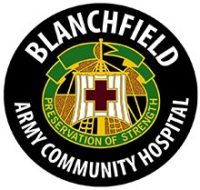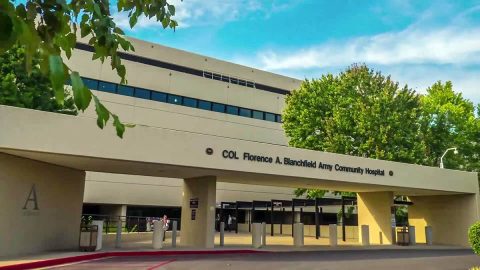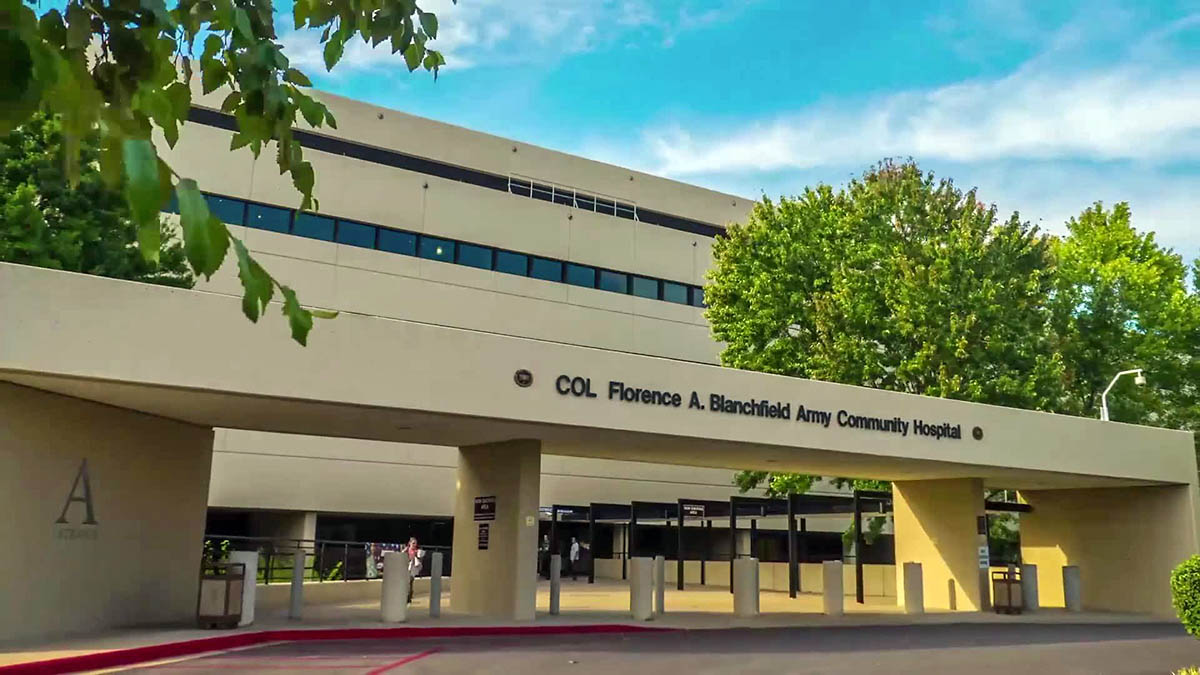Blanchfield Army Community Hospital Public Affairs
 Fort Campbell, KY – More than 150 Sexual Assault Response Team members from across the U.S. Department of Defense met online April 7th–8th, 2021 for a virtual summit aimed at increasing knowledge and awareness of the processes victims may experience when reporting a sexual assault.
Fort Campbell, KY – More than 150 Sexual Assault Response Team members from across the U.S. Department of Defense met online April 7th–8th, 2021 for a virtual summit aimed at increasing knowledge and awareness of the processes victims may experience when reporting a sexual assault.
“A SART member provides high-quality services and support to military victims of sexual assault. That support is intended to strengthen resiliency and instill confidence and trust in the reporting process,” said Col. Patrick T. Birchfield, Blanchfield Army Community Hospital, commander.

“This summit has great value for our medical team members from both the knowledge they gain and the information they can share with other stakeholders who are all committed to helping those who have experienced a sexual assault,” Col. Birchfield stated.
More than a dozen BACH health care professionals joined other military and civilian representatives from the Army, Navy, Air Force, and Marine Corps, as well as federal, state, and local agencies in the virtual summit, facilitated by the Office of the Staff Judge Advocate on Fort Campbell.
Participants were key stakeholders who might have a role when responding, investigating, or adjudicating a sexual assault involving a service member.
The summit was structured around a mock scenario of a Soldier reporting a sexual assault that occurred during an off-post party. Summit participants were provided the 77-page mock case file based on the scenario which included much of the information and documentation that would typically be collected over the course of a sexual assault report or investigation.
“We must continuously evaluate what we are doing and need to continue to seek ways to improve the way we address sexual assault/harassment. This summit demonstrates how much each of these disciplines wants to do better. As a SAMFE (Sexual Assault Medical Forensic Examiner), everything that I can learn about the investigative, advocacy, legal, and command response, helps to understand the significant step a victim makes in just reporting their assault,” said Evangeline Barefoot, a sexual assault forensic examiner at BACH.
Currently, service members have two options when reporting sexual assault; restricted or unrestricted reporting.
Restricted reporting is confidential and does not trigger an investigation or command involvement, but allows access to medical care, advocacy services, counseling, and victim’s legal counsel. Unrestricted includes the services allowed in restricted reporting as well as command notification and support, law enforcement notification/investigation, military protective orders, and expedited transfer.
During the summit stakeholders from the medical field, victim advocacy, military, and civil law enforcement officials, social workers and counselors, staff judge advocates, and civic officials followed the processes a victim may encounter in the course of an unrestricted investigation.
One goal of the summit is for responders to gain a better understanding of what victims experience in the days, weeks, and months after reporting an assault. Responders at the summit shared their individual roles when assisting a victim through the process to give other stakeholders an understanding of what the victim may encounter during the initial response, medical care, reporting, investigation, and UCMJ or legal proceedings through the current Department of Defense channels.
“As a new SAMFE, the opportunity to engage with and learn from seasoned SAMFEs as well as other professionals has been truly invaluable. We are all on the same team supporting victims of sexual assault. Having the time and “virtual” space to come together and work through a mock case is an experience that will empower me to care for victims of sexual assault even more effectively,” said 1st Lt. Rachal Rojas, a medical-surgical nurse at Tripler Army Medical Center in Honolulu, Hawaii. Despite having to log on to her computer at 3 a.m. to join the summit due to the time difference between Hawaii and Fort Campbell. Rojas said all aspects of the training were seamlessly executed and was a testament to the Fort Campbell Staff Judge Advocate team.
Navy Lt. Cmdr. Mary King, a SAMFE program manager and trainer for Naval Medical Forces Atlantic, said she also found great value in the summit and appreciated the opportunity to collaborate with her counterparts from the other services.
“The summit proved to be comprehensive, engaging, and informative. The course topics discussed provided a better glimpse into the multidisciplinary team member’s roles and responsibilities. As a result, I gained a greater understanding of how the SART members collaborate to support personnel affected by sexual assault,” said King, who joined in the virtual summit from Portsmouth, Virginia.
Now, summit organizers will compile the lessons learned and determine what new or better practices can be implemented.
For more information on U.S. Department of Defense sexual assault prevention and response efforts, visit www.sapr.mil



